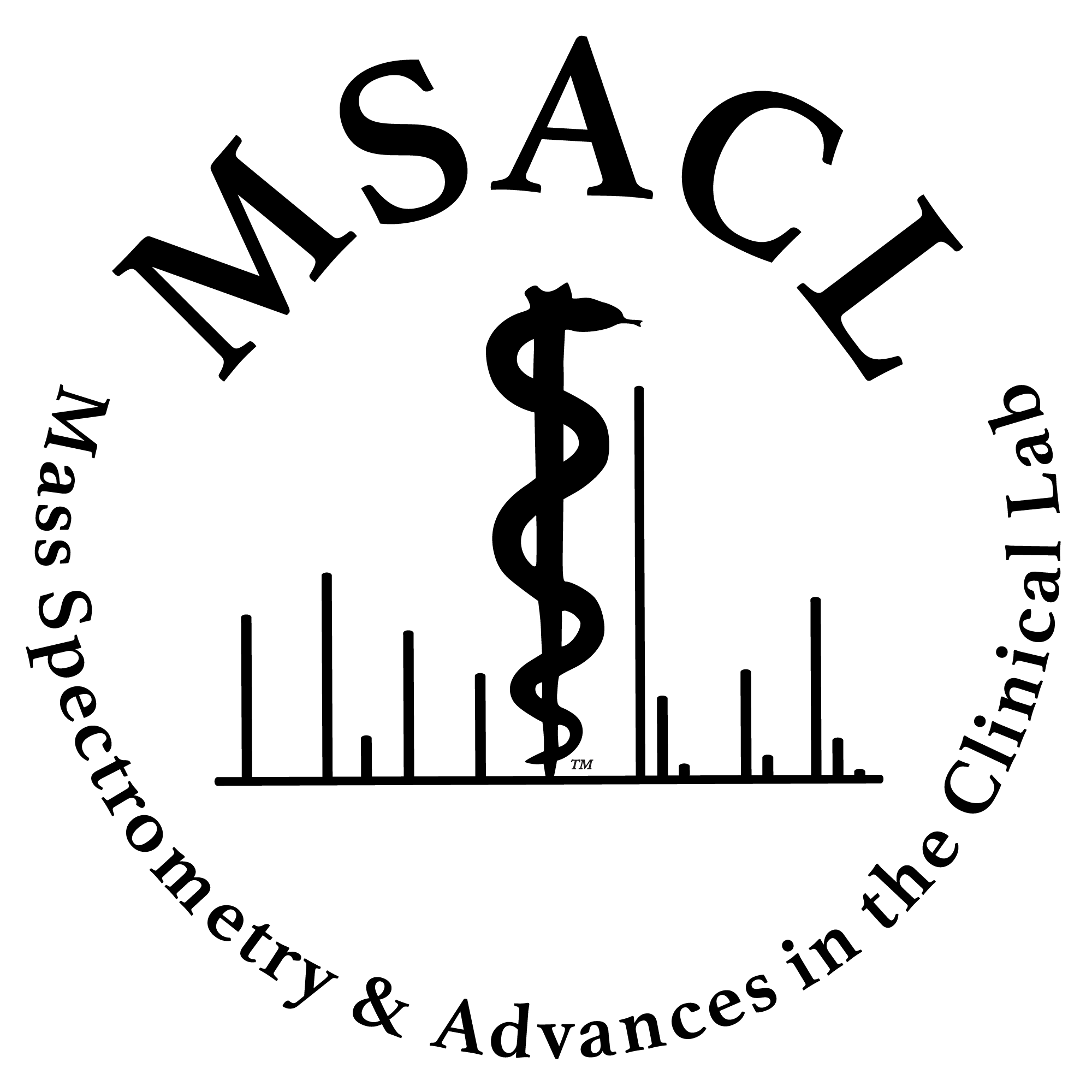|
Abstract INTRODUCTION: Peak integration and result validation in clinical mass spectrometry applications typically include a manual evaluation step performed by highly trained experts. While the need for manual review can be reduced to a small subset of measurements by using advanced algorithms, it is very challenging to remove it completely. Closed analytical LC/MS systems, where system hardware, assays and result calculation processes are co-developed in parallel, offer key advantages to enable fully automated result calculation and validation.
OBJECTIVE: This talk will outline how a closed system development is optimally set up to tackle the main challenges for fully automated LC/MS result calculation and validation.
METHODS: We will outline the main factors that enable fully automated data processing in a closed system, where system hardware, assays and data processing are co-developed in parallel in contrast to current lab-developed tests where said components are typically developed separately by multiple providers.
The first key advantage for data processing in closed systems is the reduced variability in chromatography characteristics. This improvement is a result of system hardware and assays being developed and optimized exclusively for their application in the closed system and not as independent multi-purpose solutions.
Additionally, extensive datasets acquired during the joint development of hardware, assays and data processing provide comprehensive quantitative knowledge of the variability of raw data characteristics during routine operation of the system. They also provide valuable insight on how instrument or sample-specific issues leading to invalid results can be detected based on features extracted from the raw data. We will describe how these data sets were used to design and optimize the peak integration and result validation process.
Finally, the parallel development allows timely identification of data scenarios which fully automated data processing cannot handle in a robust manner. As part of a closed system development, feedback on these issues can be used to avoid such data scenarios by changes to system hardware or assay development.
RESULTS: We will show results from extensive internal validation studies covering multiple applications which demonstrate the performance of our fully automated peak integration. The acquired data covers the main relevant sources of variability during routine operation, thereby showing the robustness of the proposed solution. We will also present a detailed evaluation of the ability to detect invalid results in the validation study with our automated result validation process.
CONCLUSION: Result calculation and result validation in clinical mass spectrometry applications can be achieved in a fully automated fashion when the advantages of closed systems are fully utilized. Key advantages include reduced variability of raw data characteristics, comprehensive quantitative knowledge of relevant types of variability and causes of invalid results as well as the possibility to provide feedback and constraints on the simultaneous system and assay development.
|

